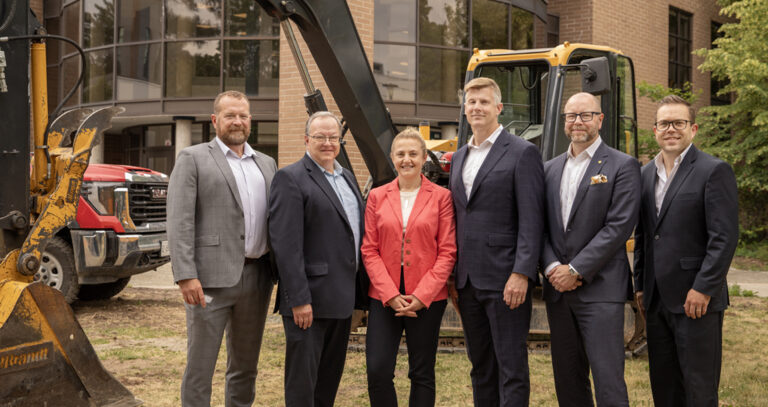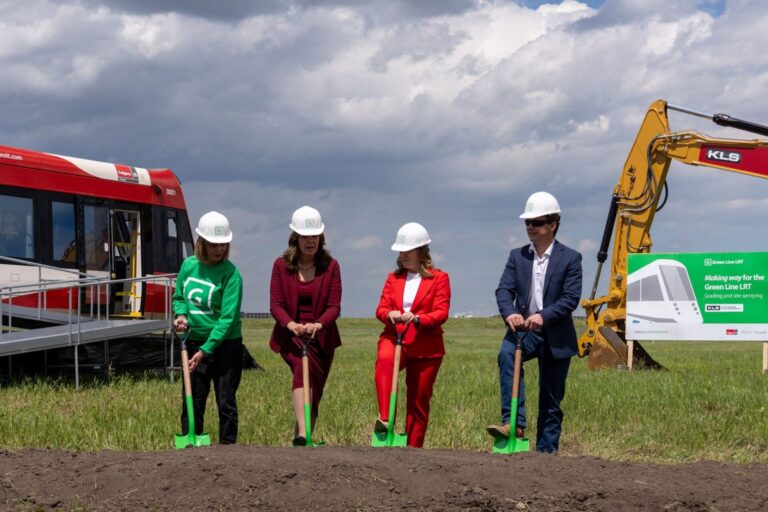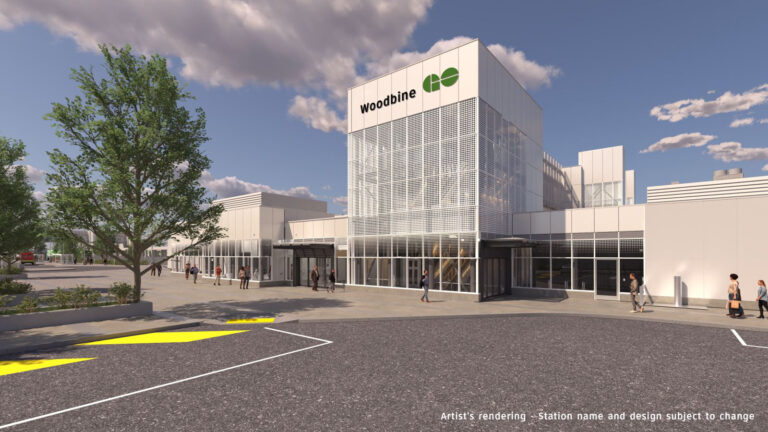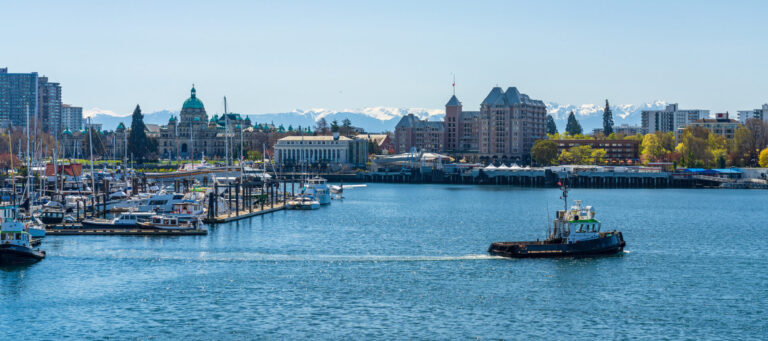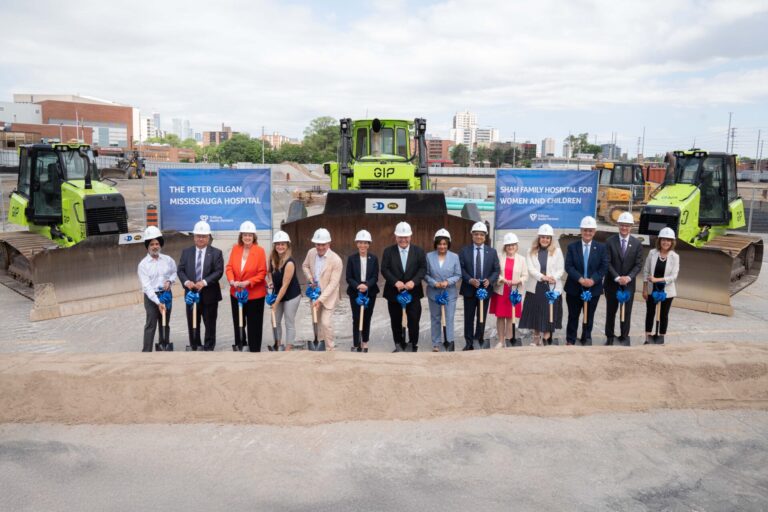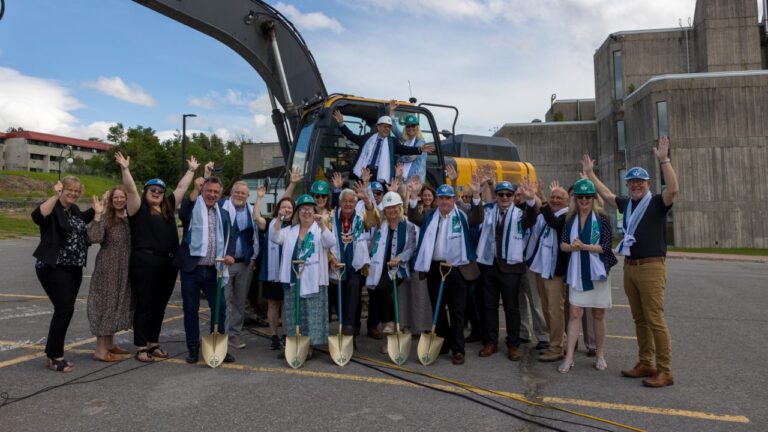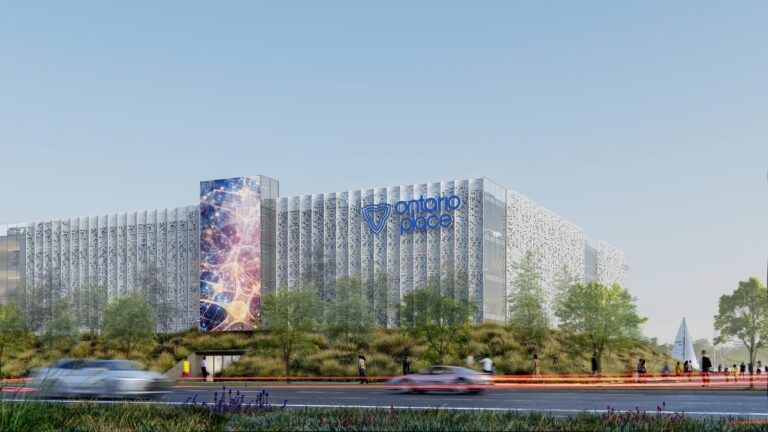The Canadian Urban Institute (CUI) is hosting the second annual State of Canada’s Cities Summit 2024, a great opportunity to hear from urban leaders, policymakers, researchers, and community advocates from around the world dedicated to addressing the pressing challenges and opportunities facing Canadian cities today.
Following last year’s inaugural event, this year’s Summit will take place in Ottawa at the National Arts Centre on December 5-6, 2024. The theme for this year’s summit is: Urban Innovation and Resilience: Building Cities for the Future.
“The summit is focused on infrastructure investment for thriving communities and a prosperous future for all Canadians because we are facing a once-in-a-generation challenge to address global economic, social, climate, and technological needs,” said CUI president and CEO Mary W. Rowe. “It is critical that we invest in our communities from coast to coast to coast, to build a common path for the future of our cities, communities, and the country.”
According to Rowe, Canada desperately needs rigorous research on our massive and growing nation-wide infrastructure deficit, to spur more effective policymaking and action. Canada’s rapidly growing population, fuelled by immigration, is taxing both physical and social infrastructure in our communities. Estimates of the infrastructure deficit vary widely, with most between $110 and as high as $270 billion, which is likely an underestimate and will require an extraordinary mobilization of collective will and resources to address.
To that end, the Canadian Urban Institute and University of Toronto’s School of Cities partnered to commission a new report, to be launched at the Summit, to spell out the challenges communities of all sizes are facing. The report, Canada’s Urban Infrastructure Deficit: Toward Democracy & Equitable Prosperity, provides a roadmap to design and urgently implement new approaches to infrastructure investment.
CUI will be also launching The Climate Ready Infrastructure Service, a new four-year initiative connecting Canadian municipalities with climate experts to collaborate with and support low carbon infrastructure projects.
Other topics at the Summit include the importance of infrastructure investment in the context of a changing relationship with the United States, building economic competitiveness, mental health challenges affecting main streets and downtowns, persistent housing availability challenges, and the impacts on culture and social cohesion.




